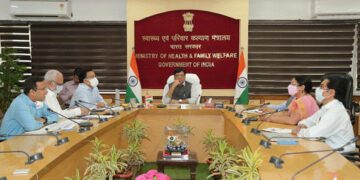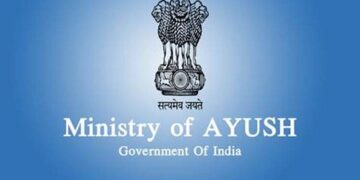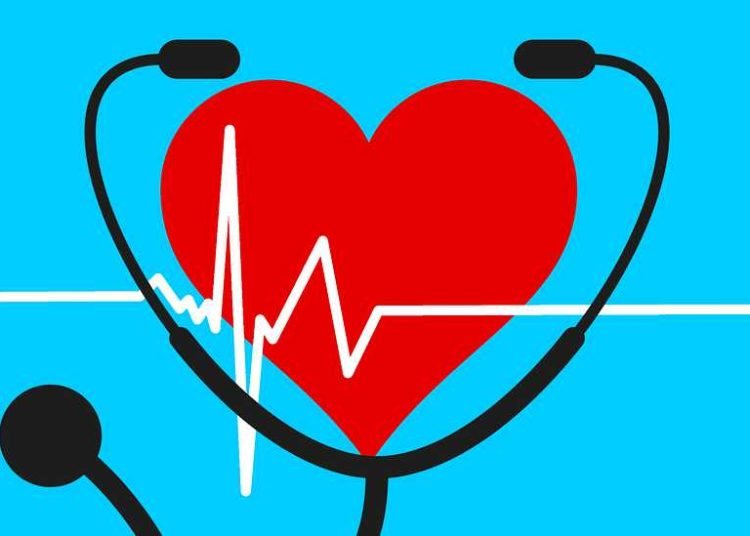By Health In Five Writer
September 29 is observed as World Heart Day around the world. Created by the World Heart Federation, World Heart Day informs people around the globe that CVD, including heart disease and stroke, is the world’s leading cause of death claiming 17.9 million lives each year, and highlights the actions that individuals can take to prevent and control CVD.
Chandigarh heath experts at the Post Graduate Institute of Medical Education and Research (PGIMER), on the eve of World Heart Day, stressed on the need to maintain healthy lifestyles as Covid-19 patients with underlying medical conditions are at increased risk of complications requiring intensive care unit admission, ventilator support, often leading to death.
“Covid infection may lead to two types of cardiac complications: One is acute, during the infection and other is chronic when the patient has recovered from the infection. Hence, heart patients who have recovered from Covid infection should also be evaluated for any progression of underlying heart disease or a new manifestation, especially the elderly with associated co-morbid illnesses such as diabetes, hypertension, renal failure, and chronic respiratory diseases,” PGIMER statement quoting Professor Rajesh Vijayvergiya, department of cardiology, read.
There is an increasing incidence of psychological stress in the community, which can lead to certain behavioural changes such as smoking and alcohol consumption, weight gain, physical inactivity, overeating, and not taking regular medicines. This increases the risk of heart diseases, the release read.
The doctor stressed on the need to maintain a healthy lifestyle during the Covid-19 pandemic.
Meanwhile, on occasion of World Heart Day, we also check out if women with irregular periods are under threat of heart diseases
“Women with irregular menstruation are at greater risk of having heart diseases than other women who have regular menstruation cycles,” says Dr Nupur Gupta, Director, Department of Obstetrics and Gynecology, Fortis Gurugram, was quoted as saying by indianexpress.com.
She adds that when a woman is having her periods, less estrogen is being circulated in their bloodstreams, and “women with irregular periods tend to have chest pain, or angina, and they perform poorly on treadmill tests which are designed to look for low blood flow to the heart.”
Angina is a temporary chest pain that is caused by reduced blood flow to the heart. Many have described it as a feeling of heaviness, burning, or pressure that is felt behind the breastbone. It can also spread to the arms, or the neck and may be caused by exercise or stress.
“Angina attacks usually last for a few minutes but it can go on for as long as 30 minutes. An angina attack is not a heart attack; however, it can progress into a heart attack and requires attention from a physician — especially if the attack starts taking place often. Doctors may test for angina by putting patients on a treadmill, then monitoring their heart rate for signs to show that they are not getting enough blood,” she added.









































